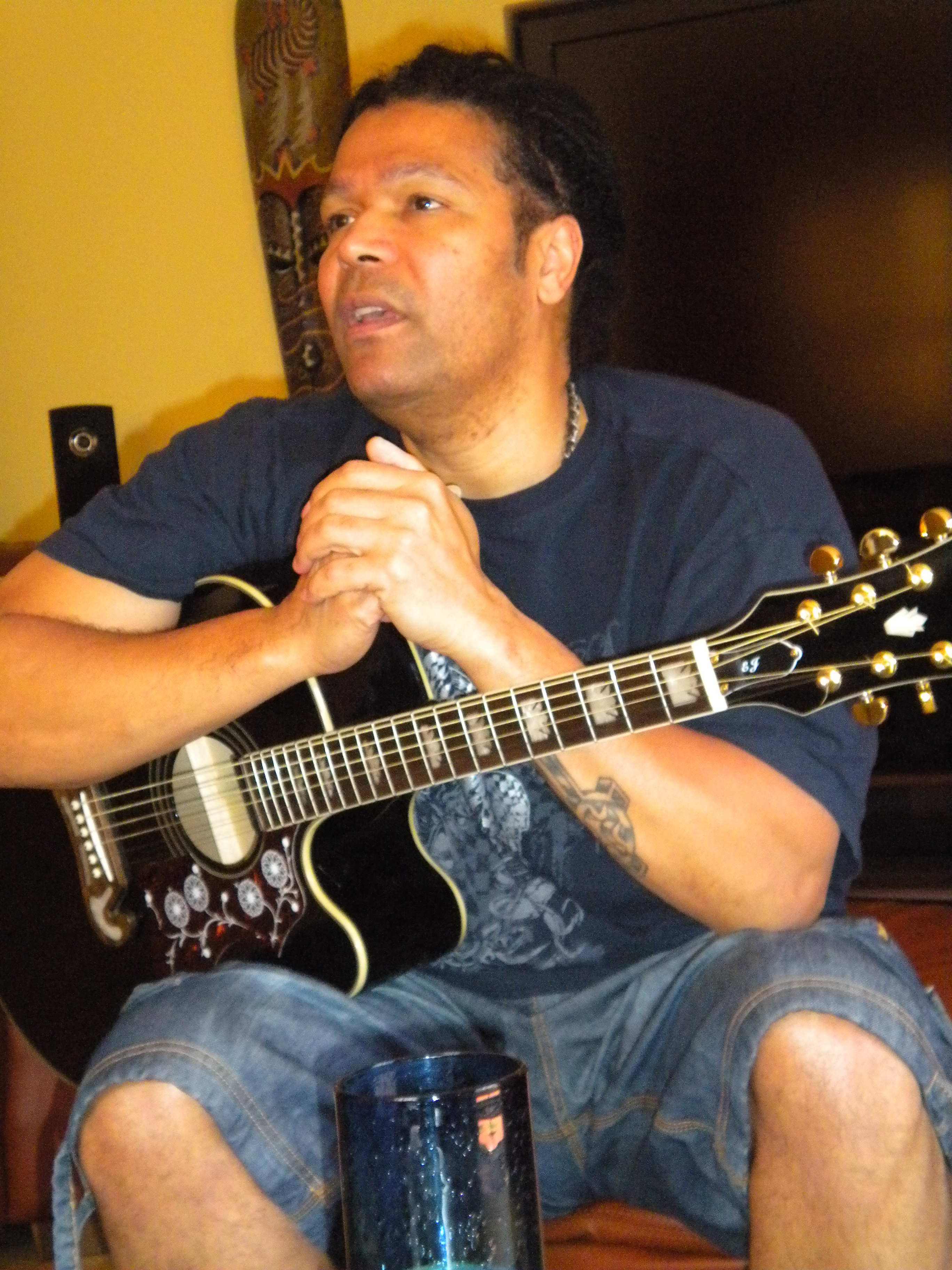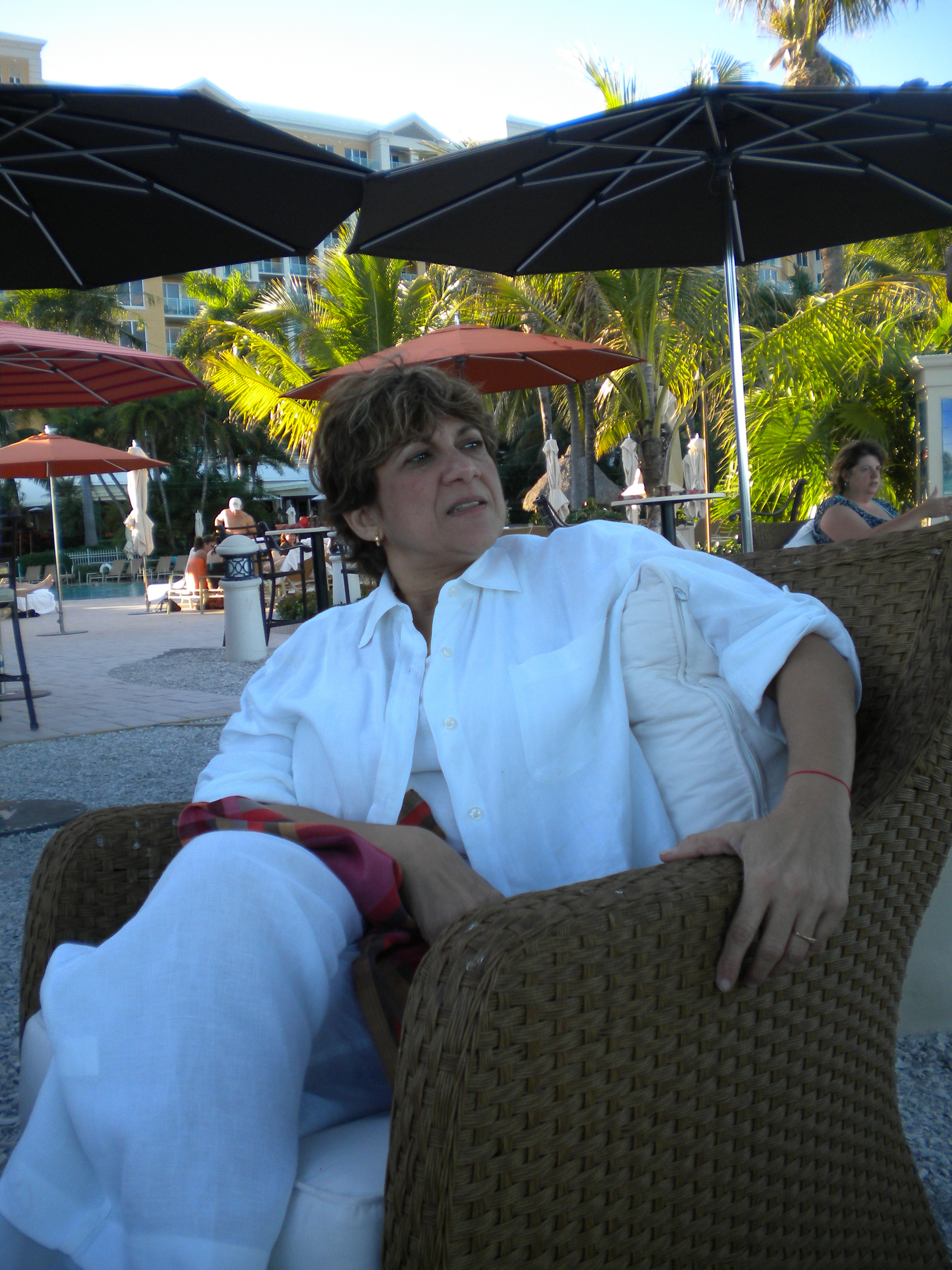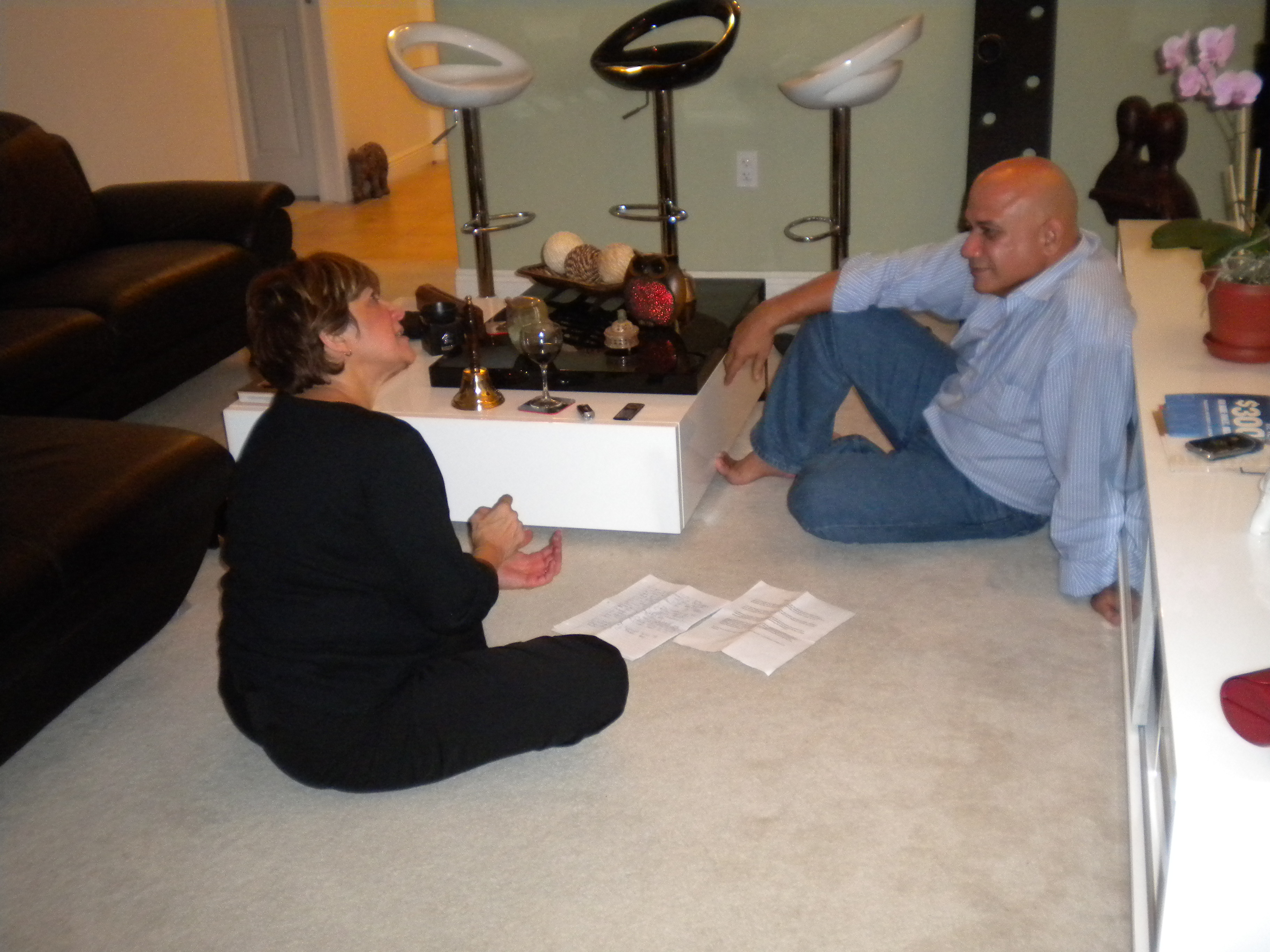![Hector_Palacios[1]](http://www.translatingcuba.com/images/juan/hector_palacios1.jpg) JJ.- Hector, whether some like it or not, your name is relevant when we speak of the internal opposition in Cuba. How do you see Hector Palacios?
JJ.- Hector, whether some like it or not, your name is relevant when we speak of the internal opposition in Cuba. How do you see Hector Palacios?
HP.- Well, first I want to introduce myself because you already know me, but many readers do not. I am a farmer who was born in the Escambray. I am also one of the revolutionaries who since 1980, exactly during the Mariel crisis, stopped being on the side of this thing they call Revolution. Because of that I spent time in prison; I have been a prisoner of conscience three times. And between short and long detentions, I have been detained dozens and dozens of times that add up total many years. Solely and exclusively for the crime of thinking or suggesting, many times, that things have to be different.
In 1989, I was the founder of the first liberal movement of this last period in Cuba.
JJ. What kind of “Liberal”?
The type of liberal that the leaders of this country’s independence were.
I currently lead “The Liberal Unity” of the Republic of Cuba and…
JJ.-Yes, but I prefer not to get into party politics yet. Héctor, as you said a moment ago, your life began in the countryside. There is even, at least in my view, a strong rural influence in your way of speaking, of looking at things, of saying and expressing your ideas. Tell me about these beginnings, your childhood, family environment, friends.
HP.- Look, I was born in a pretty inhospitable area in the middle of the Escambray…
JJ.-What is its name?
H.-Pico Blanco. That is where my family settled, and then people came who rose up against the dictator Fulgencio Batista, the people of the Revolutionary Directorate, the Second Front of the Escambray, Che when he came from Oriente… That is, I lived in the middle of that place. But we lived peacefully, in bateyes (outbuildings), each family with a group of houses built around the head patriarch’s house.
JJ.- And what was life like in that environment?
HP.- There were teachers and priests who baptized you. I was baptized. At that time there were not the number of schools that were built later. At that time, I mean in nineteen fifty-something, where I was born there were only three schools. And it is true that in those schools all the grades were taught together, but when you finished a grade, you really finished it.
There was a lot more discipline. And, besides, you had to work in addition to going to school. That was the farming custom and that is why, among other reasons, that there was food in Cuba. Because people worked.
If you go there today, you will see that where we produced hundreds of hundred-pound sacks of coffee, thousands of tons of sugar, I don’t know how much cheese, milk, etc., today they don’t produce anything. The Escambray is without its people.
I grew up like that. The farming environment is supportive, solid, religious, and has very sincere principles. At home you couldn’t tell a lie, you ate on time.
My family wasn’t rich. My father was a mule driver and he worked from sun to sun with his team of mules.
JJ.- Was your family strict?
HP.-Some were stricter than others. I think that is a problem with farming customs. But in general they were all strict. In my home there was a lot of discipline at meal time, with personal hygiene, study time… I remember that I learned the multiplication tables at my grandmother’s house. I had to do it in a few weeks because on my left was the book but on my right was the ruler. Yes, there was strictness, there certainly was, but we lived with a lot of affection and love. It was something else.
Then it all fell apart and, just as my family was destroyed–and it was a big family–all the rest of the families of Cuba were destroyed, and those of the countryside and the nation.
And I want to confess something to you that I have never told anybody but I have thought a lot about this campaign of Raúl Castro’s that–according to him–proposes to give land to farmers for their use as if land could be given for its use. Look, you have to give land or not give it. He knows very well that it is harder to create a farmer than a doctor. At 24 years of age, a doctor is a doctor, but a 50-year-old farmer is still not a farmer.
I don’t know how Raúl Castro is going to solve the problem of a countryside without farmers. In Cuba, 80% of the people used to live in the countryside; and it was the countryside, it had a tradition of over two hundred years. So I don’t see how it is possible to solve the problem of the countryside as it is being done now.
It might be possible to solve the administrative/bureaucratic obstacles, but you need generations for the farmer to learn again how to look at the sky, because that true man, who smells it when it is going to rain, who doesn’t go to the hospital because he has a sick ox, a hurt animal or because his cow is going to give birth; that man is very difficult to make in days like these when farmers only get sunburns, lots of insecurity and pretty bad pay for their work.
JJ.- By the way, Héctor, there is a myth or a reality, I don’t know, that says that country boys have their first sexual experiences with animals. Did you have that experience along with others?
HP.- I’ll tell you. In the country there was not the “sexual spirit” that there is today. That is, you did each thing in its time. The farmer, generally, got married very young when he was just carrying his first or second girlfriend on the back of his horse. That was the custom. Not like now, when there is a very strong sexual appetite because there is nothing like what there used to be.
I really don’t remember that that was my life or that of other farmers. I don’t mean it wasn’t done, or that it isn’t still done; but you really started your family very young.
JJ.- Let’s talk about your youth. There is no doubt that the Revolution, more than a dream, was a radical process that many fell in love with. How did you see that process? Why and to what degree did you get involved?
HP.- Look, son, I didn’t go out to look for revolution; the Revolution came looking for me. I lived in the Escambray and nothing there interested me. The first town I visited was in the area of Güinía de Miranda, just at the time El Che took Güinía, about twenty kilometers from Manicaragua. That’s why I tell you that the Revolution came looking for us. And it came with an important program that they read to us, “History Will Absolve Me”, that spoke of reestablishing the constitutional order lost in 1952 after the coup; of giving land to the farmers; of paying fair salaries; of having several political parties; of not having leaders who would deceive the people; and of the need to construct roads, highways, etc…
JJ.-You fell in love, like others, with the “Moncada Program.”
HP.-Yes, I fell in love with the Moncada Program.
We really were not needy; we had our own revolution, our own land, we ate well… And not only our family, but dozens of families that lived together there and didn’t have many problems. But the best thing we had then was, in that area, no darned politicians or communists.
Later yes, later it filled up with that.
I joined the Revolution, rose up very young, only thirteen years old. I fought passionately for that Revolution until the 1980’s. Yes, I fought passionately for the Revolution until the ’80’s and I was deceived by it. Not now; now I fight for myself, for that Revolution I founded in my head.
JJ.-But today the story is different. I understand that “The Revolution” didn’t change; its leaders changed.
HP.-The Revolution changed, it is still to be made. Incredibly, now we are much worse off than under Batista. Now the land doesn’t belong to the farmers, as it did before; the store doesn’t belong to the storekeeper, as it used to, etc., etc.
Batista was a tyrant who did not monopolize property. I think that the most difficult period, as far as citizens’ problems go, began in the ’80’s.
JJ.- And what was your metamorphosis like? How did you become part of the opposition after having believed so passionately in the Revolution?
HP.- I have been surprised to hear many people say, “Suddenly, I changed.”
That’s a lie, nobody changes that quickly; it’s a process.
JJ.- Well sure, that’s why I said “metamorphosis”.
HP.- In the sugarcane harvest of ’70 I felt deceived, one could smell the lies. And with “The ten million are going” campaign the country was ruined. No factory worked or anything.
JJ.- Yes, many Cubans felt deceived; but not all of them became dissidents.
HP.- Because that isn’t easy, son. When a political process hooks you, it isn’t easy to unhook yourself. You have to have experience. I had the luck of having experience because in the middle of all this I made myself into a psychologist, a sociologist, learned to read and write… And it isn’t that I didn’t know how to read and write; I know how. But I learned well, as I learned how to relate to people. I left the Escambray and learned about the other world.
For me the final blow began in ’79 when they let the famous “counterrevolutionaries” who lived in Miami enter Cuba. It was a campaign of Fidel’s, “The Country Has Grown”, in which it was understood that the problems between Miami and Havana had been resolved. Then I, who had family outside with whom I couldn’t correspond, had to deal with those families who put their JEANS in front of me. I asked myself a thousand times, why?
It was like the one who had been showered with rotten eggs when he left had come back to give you a box of eggs. Something like that.
That was my first shock, and I didn’t pay attention to them and so got warnings.
The following year came “El Mariel” and how was I to imagine that this country was prepared to even kill or run over and beat people… “El Mariel” was the decisive point for many people. But don’t forget that the people of this country were terrified. Because this Revolution sowed terror. People were indiscriminately executed by firing squad, etc.
JJ.- With no trial?
HP.- Well, there were summary trials with no serious appeals allowed. Then terror began to be sowed. And the worst thing is, the worst thing that can happen to a human being is to be terrified because no one can think or reason if he is terrified.
It happened to me; I also lived terrified. The first time the State Security came to visit me, I almost died. Because I thought that was how…well, how it is: true power. But it is a malevolent power that I didn’t know existed. The top leaders knew this, the ones who had created the problem. We intermediate-level soldiers did not know about this.
When I saw that in the street was when I definitely broke with this totalitarian, unscrupulous dictatorship.
JJ.- And doesn’t it seem to you that, speaking of that very fear, is what is happening now?
HP.- No, I am talking about terror, and what there is now is fear. People think with fear. There is an enormous difference between fear and terror. As I said, people cannot think when they are terrorized; with fear, they can. That is why what they call Revolution has reached a critical stage, because the terror is passing.
JJ.- Now then, you are a definite member of the opposition.
HP.- Yes, sure.
JJ… and there is a theory that the members of the opposition are people who marginalize themselves, who isolate themselves from society… How much truth is there is this? Where does this theory come from? Do you hide, stay away from movie theaters, or…?
HP.- Those are theories invented by totalitarian parties and governments. Don’t forget that the easiest thing for a totalitarian party or government (with all the power in the world) to do is to denigrate others.
And one way to denigrate a human being is to marginalize him or accuse him of not having contact with reality, or with the people, or with his family, etc.
There is no more balanced person than a dissident. Because he thinks about tomorrow, about his family, he thinks about remaking what has been taken from us, thinks about not having again the bad things we had or that we have today. And, even more, we think about not killing, about love and, of course, about others’ rights.
JJ.- Do you have friends who are active in the Communist Party?
Of course; some are good people. It is just that they are terrorized like the senior government appointees are terrified because they know they are being watched. I told you a while ago, in a private conversation, that I have a brother who is a high official in the army, whom I haven’t seen for 20 years. He lives there at Matanza, has two or three cars; for him it is easy to come but he is still living in a state of terror. The poor guy doesn’t visit our mother either. They could take away his stripes and even certain benefits.
Look, right now, after the transfer of power–because here there have been no elections and Raúl has not been elected President but rather there has been a transfer within the monarchy (because here there is a type of monarchy), 25 senior leaders have been replaced. Who would have thought that Carlos Lage could have been replaced, or Felipe Pérez Roque?
Translated by S.Solá
2 June 2011
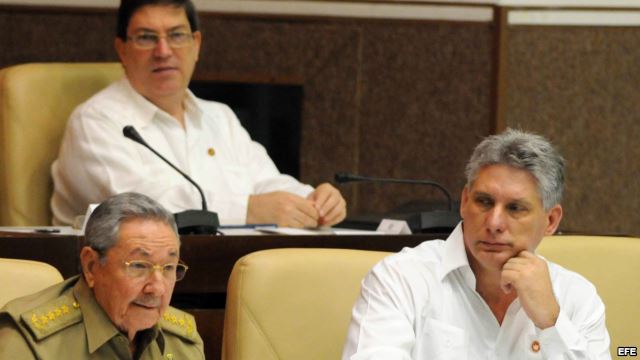 We are living in a world where, dangerously, what’s important for the work of many is just to show results. Perhaps for that reason, for nostalgia, convenience, desire, hope, belief, deception or passion; we make the mistake of looking to Havana and distorting the reality, imagining the Cuban government as a bankrupt controlling consortium.
We are living in a world where, dangerously, what’s important for the work of many is just to show results. Perhaps for that reason, for nostalgia, convenience, desire, hope, belief, deception or passion; we make the mistake of looking to Havana and distorting the reality, imagining the Cuban government as a bankrupt controlling consortium.
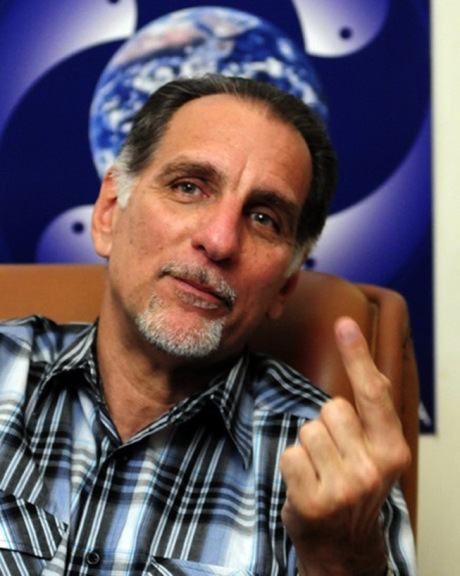
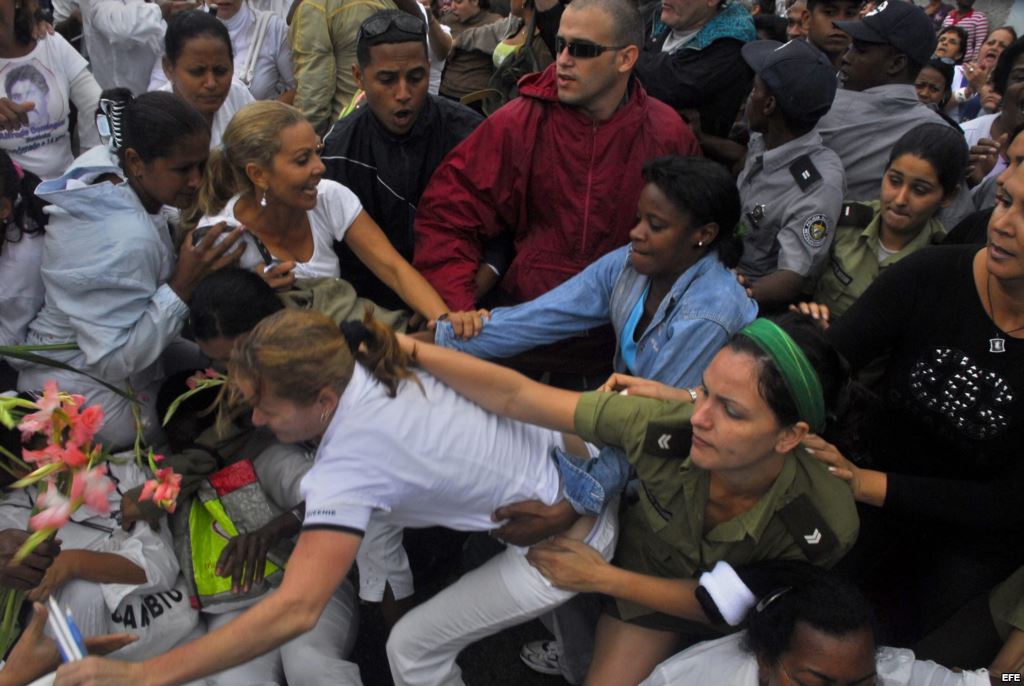
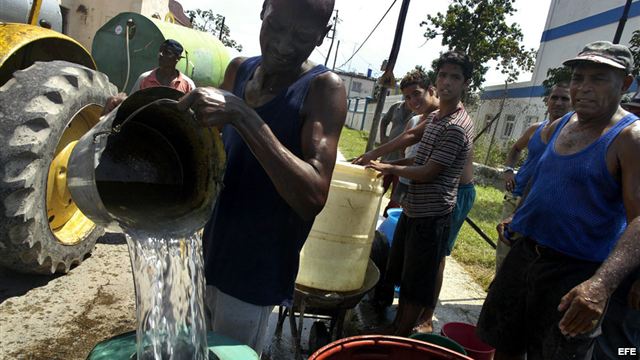
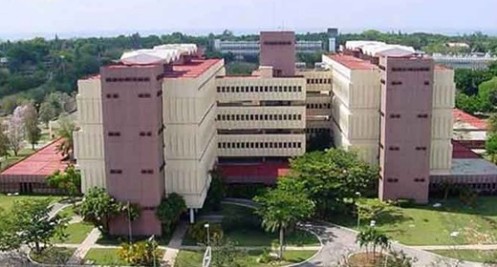
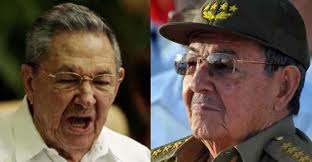
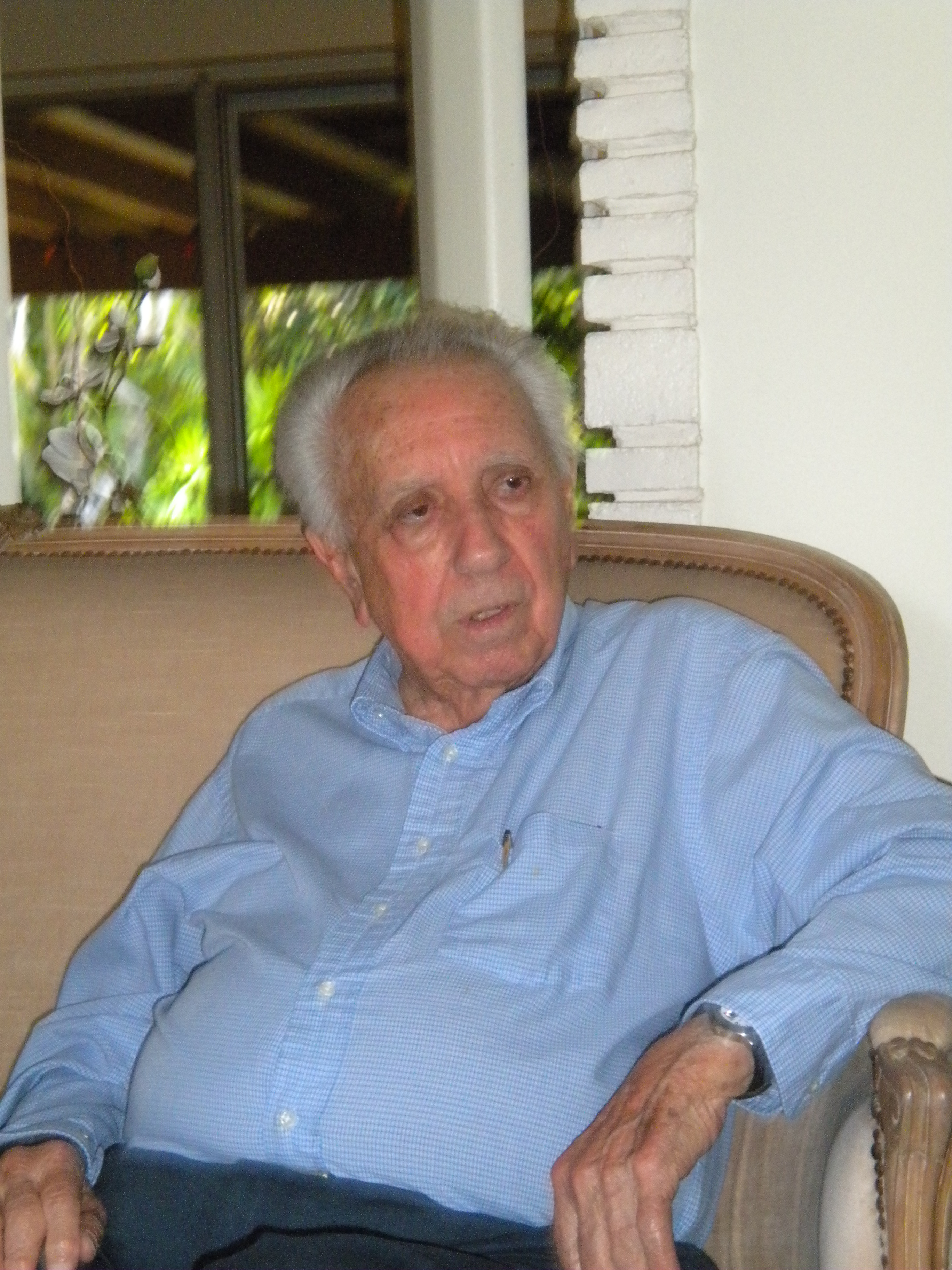
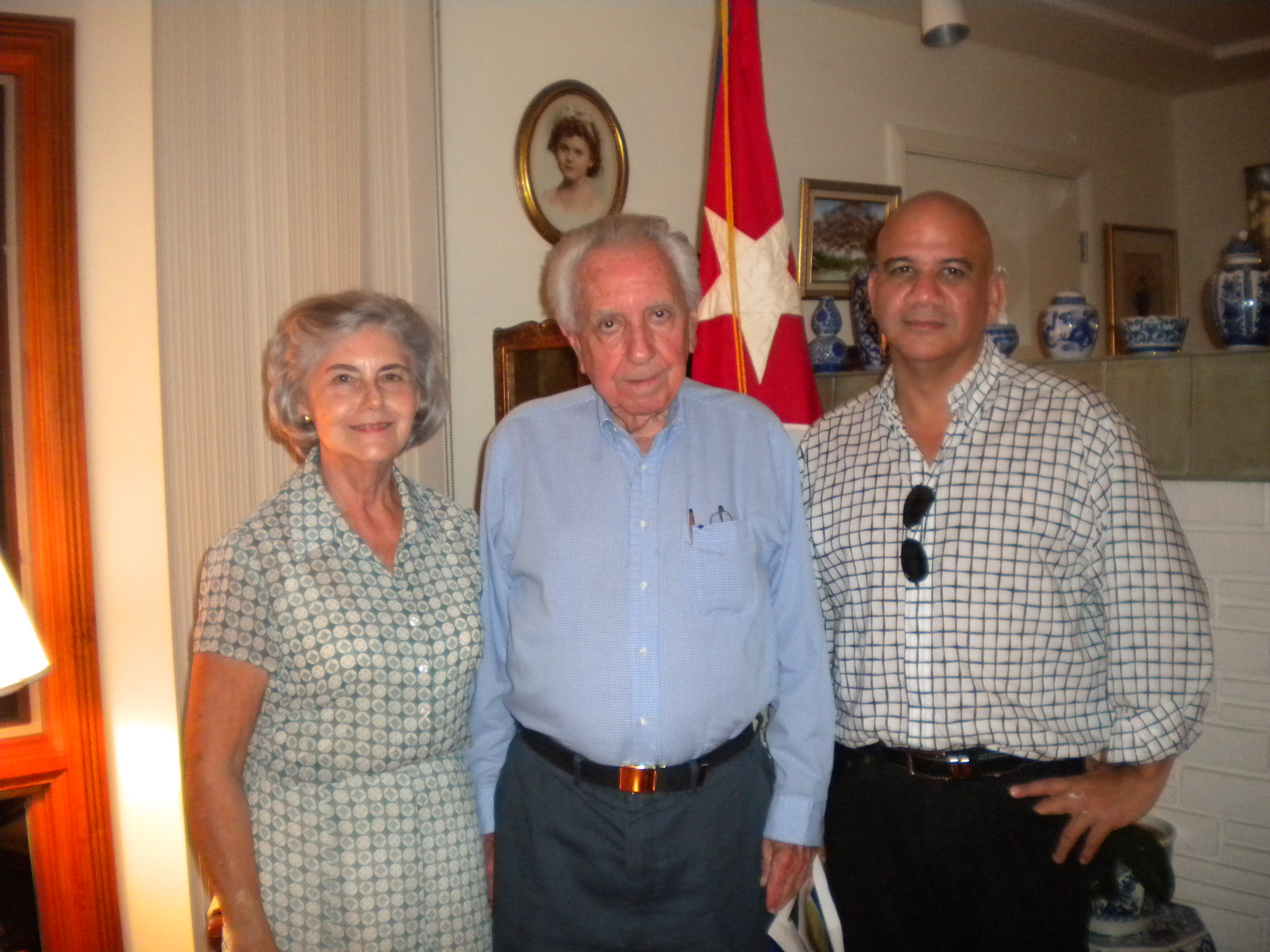
![Hector_Palacios[1]](http://www.translatingcuba.com/images/juan/hector_palacios1.jpg)



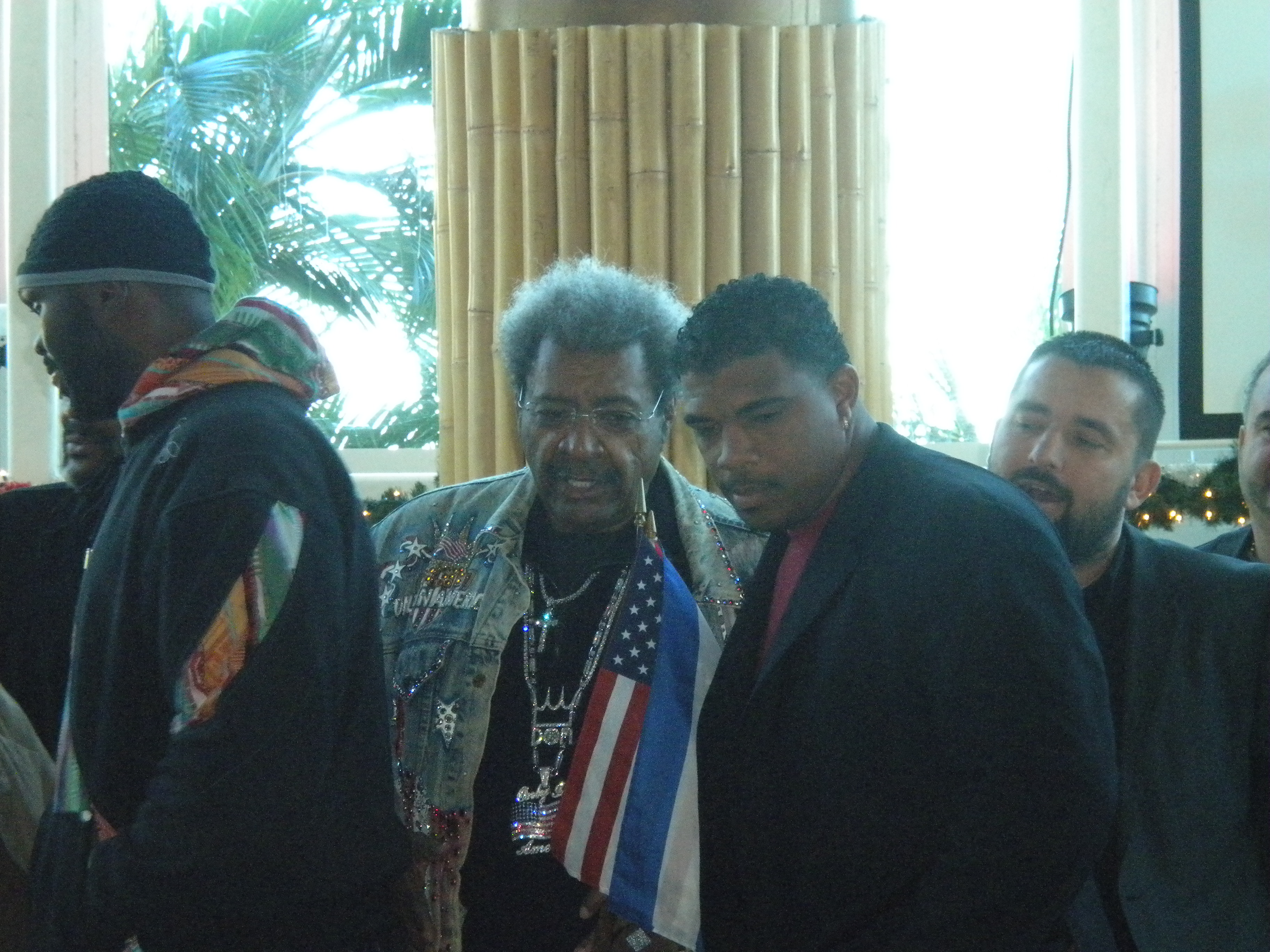
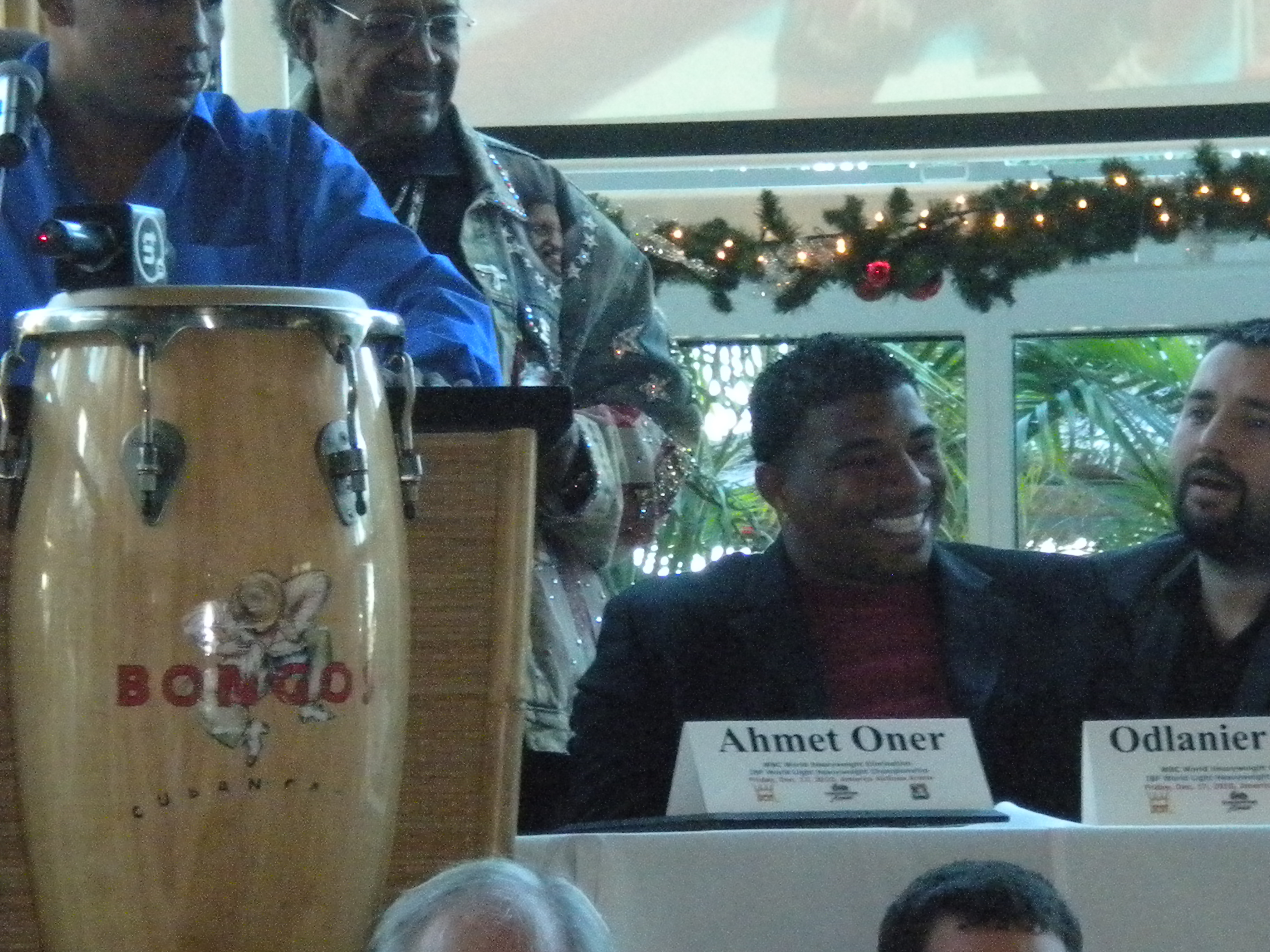
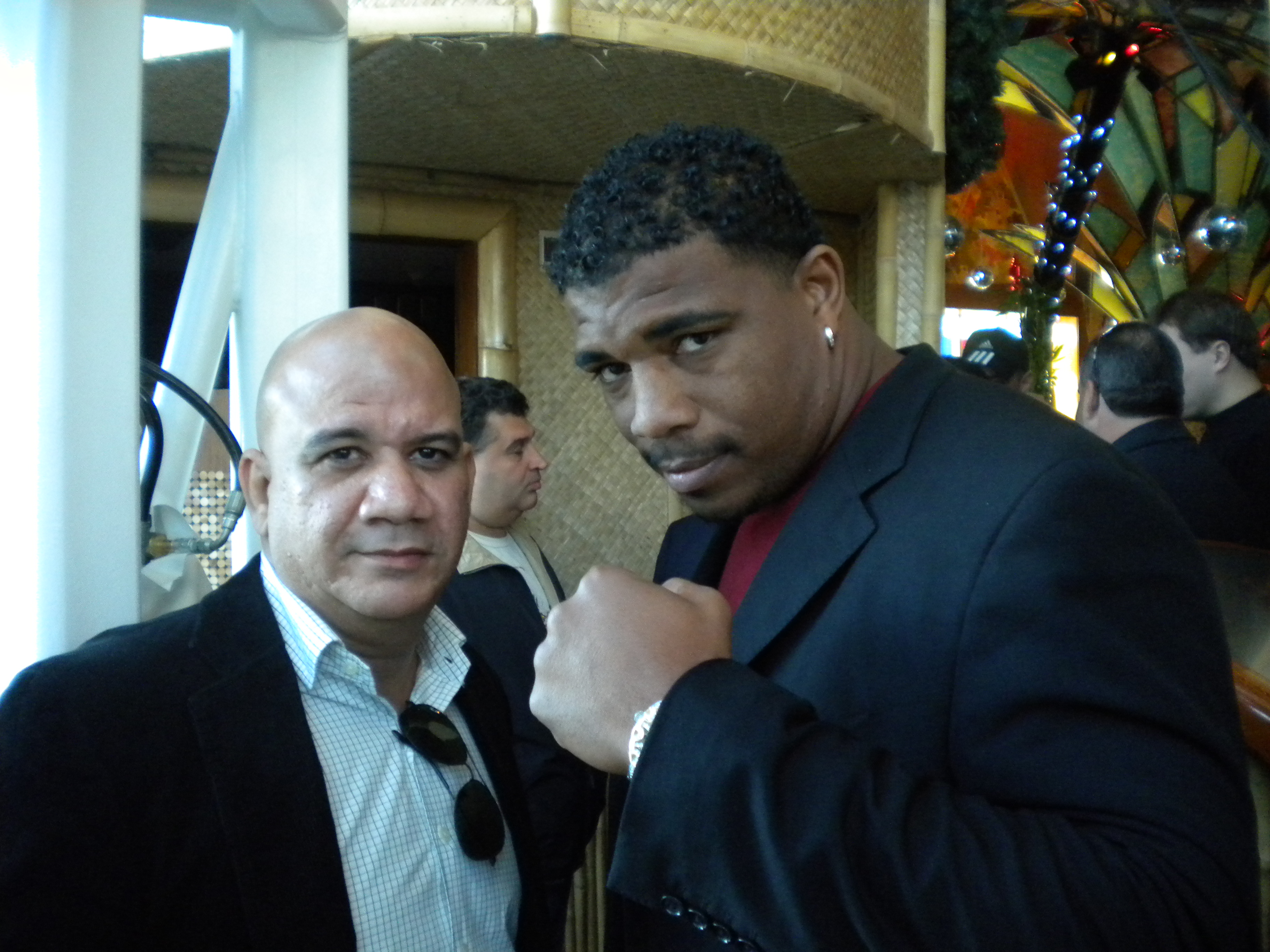
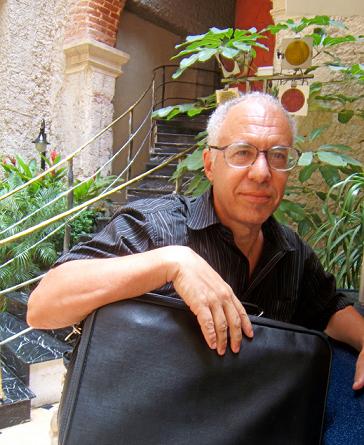
 I can tell other stories about the apathy and incompetence and corruption of the system. For questioning the system and insisting on the necessary accountability, I became Rick, ” the bad guy.” Unfortunately in Cuba, for some people, there are things that are more important than receiving medical equipment donated to meet the needs of the Cuban people.
I can tell other stories about the apathy and incompetence and corruption of the system. For questioning the system and insisting on the necessary accountability, I became Rick, ” the bad guy.” Unfortunately in Cuba, for some people, there are things that are more important than receiving medical equipment donated to meet the needs of the Cuban people.